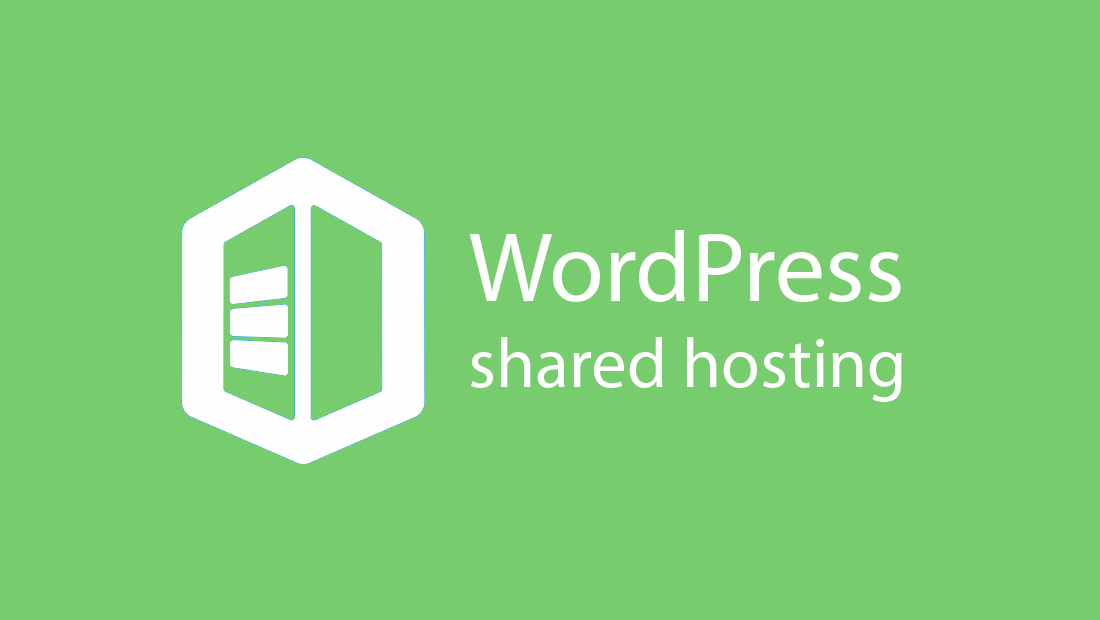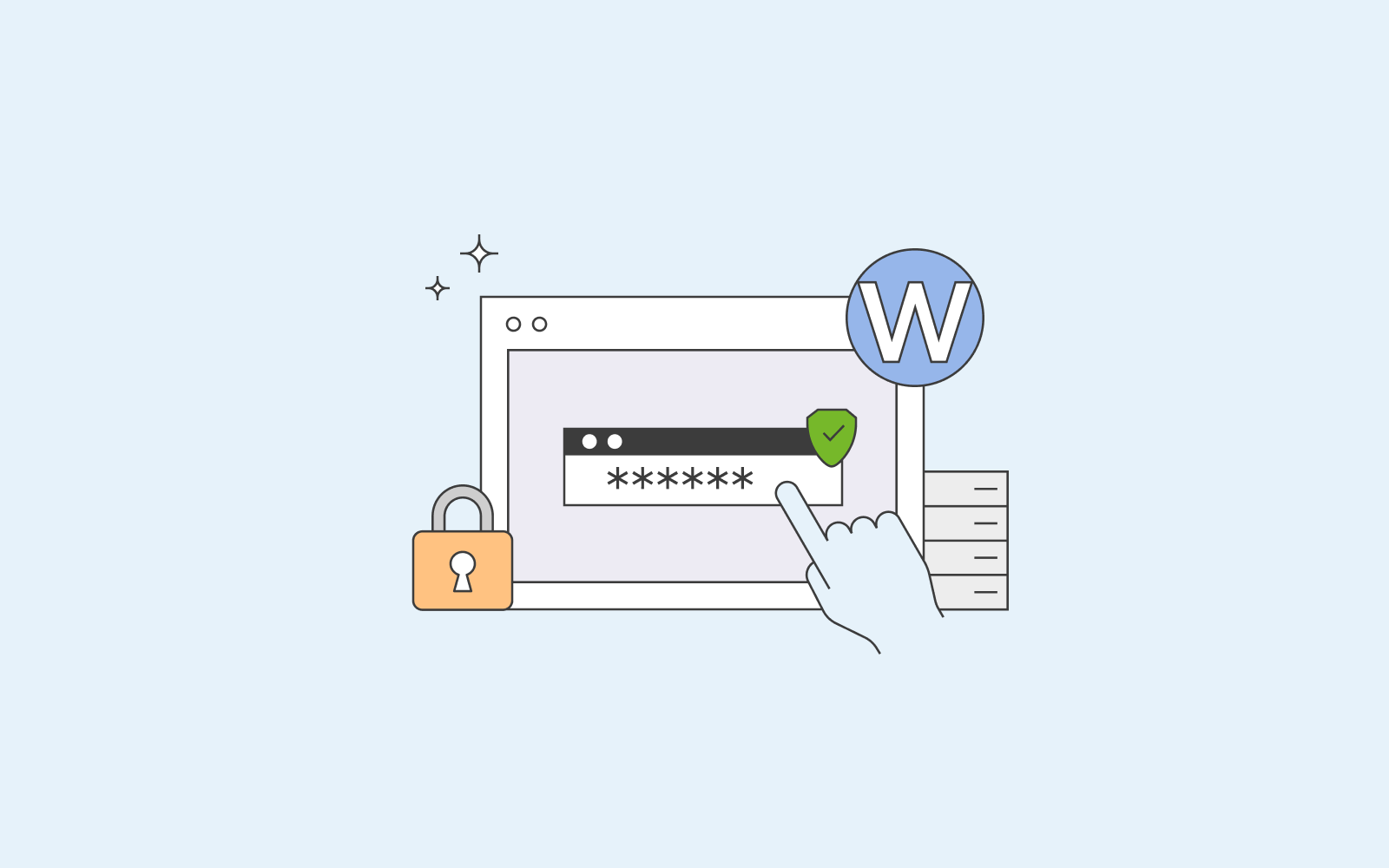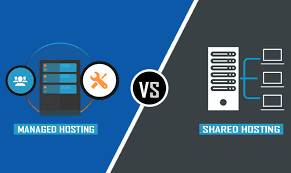WordPress powers over 40% of all websites on the internet today, making it one of the most popular content management systems in the world. But choosing the right hosting plan is critical to your website’s performance, security, and scalability. For WordPress users, two of the most common options are Managed WordPress Hosting and Shared WordPress Hosting. Each has its strengths and limitations, and understanding the key differences will help you determine which one best suits your needs.

What is Shared WordPress Hosting?
Shared WordPress hosting is the most budget-friendly and widely available hosting option. With shared hosting, multiple websites reside on the same physical server and share its resources, such as CPU, RAM, and bandwidth. Hosting companies offer shared WordPress hosting as a cost-effective solution, often bundling it with one-click WordPress installation and basic tools. Because the server is shared among hundreds, sometimes thousands of users, the cost is spread out and remains low, making it an attractive choice for personal blogs, small businesses, or beginners launching their first website.

What is Managed WordPress Hosting?
Managed WordPress hosting is a premium service where the hosting environment is specifically tailored for WordPress sites. This type of hosting includes a range of automated and hands-on services such as automatic WordPress updates, daily backups, server-level caching, enhanced security features, and dedicated customer support from WordPress experts. In managed WordPress hosting, the hosting company handles much of the technical upkeep, allowing you to focus more on creating content and growing your website rather than dealing with backend maintenance and performance tuning.

Performance Comparison Between Shared and Managed Hosting
Performance is one of the most significant differences between shared and managed WordPress hosting. Shared hosting often struggles with speed and uptime reliability when websites on the server consume a lot of resources. A sudden traffic spike on one site can slow down or even crash neighboring sites on the same server. Additionally, shared servers may not be optimized specifically for WordPress, which could lead to sluggish performance or compatibility issues with certain plugins or themes.
Managed WordPress hosting, in contrast, typically delivers much faster load times and better uptime because the infrastructure is optimized specifically for WordPress. It includes features like advanced caching, a global CDN, and premium DNS support. Moreover, most managed hosts impose limits on the number of sites per server, which helps maintain consistent and reliable performance even under high traffic.
Security Features in Both Hosting Types
Security is a major consideration when choosing a hosting plan. Shared WordPress hosting generally offers basic security measures like firewalls and malware scanning, but because you share a server with multiple users, you are at a higher risk of “cross-contamination.” If one site on your server gets hacked, yours could be vulnerable as well.
On the other hand, managed WordPress hosting provides enhanced security measures like proactive malware scanning, automatic removal of malicious code, DDoS protection, and custom firewalls tailored to WordPress vulnerabilities. In addition, managed hosts often offer free SSL certificates, strong backup protocols, and timely security patches. These features make managed hosting a more secure option for high-traffic, eCommerce, or business-critical sites.

Ease of Use and Technical Support
Shared hosting typically comes with a basic cPanel or similar control panel interface, allowing users to manage files, email accounts, and install applications. While this setup is user-friendly for basic needs, it often lacks advanced tools for WordPress management. Technical support is usually available, but it may not be specialized in WordPress, which can make troubleshooting more difficult.
In contrast, managed WordPress hosting often includes a custom dashboard specifically designed for WordPress management. You’ll find integrated tools for staging environments, backup scheduling, caching controls, and performance monitoring. More importantly, the support team at a managed host is usually staffed by WordPress experts who can provide quicker and more precise assistance. This level of service is especially useful if you’re not technically inclined or don’t have a developer on hand.
Cost Comparison and Value for Money
Shared WordPress hosting is undoubtedly the more affordable option, with plans starting as low as $2 to $10 per month. These plans are great for hobby bloggers, small websites, or those just starting out with minimal budgets. However, the low cost comes with trade-offs in performance, security, and scalability.
Managed WordPress hosting typically starts at around $25 to $30 per month and can go much higher depending on the provider and features included. Although the price is significantly higher, the value offered in terms of performance, security, support, and ease of use can justify the investment, especially for growing businesses, high-traffic blogs, or eCommerce websites where reliability and speed are essential.
Scalability and Long-Term Considerations
When considering the long-term needs of your website, scalability is key. Shared hosting plans often have resource limits that may hinder growth. If your site experiences a sudden surge in traffic, you might face downtime or be forced to upgrade abruptly. Shared servers are not built to handle resource-heavy WordPress sites or rapid scaling.
Managed WordPress hosting, on the other hand, is built with scalability in mind. Providers often offer flexible plans that can grow with your business, including options for multisite installations, dedicated resources, and cloud-based infrastructure. This makes managed hosting a smarter long-term investment for websites that anticipate significant growth or require consistent uptime.

Which Hosting Should You Choose?
The decision between managed and shared WordPress hosting depends entirely on your website’s goals, traffic expectations, and your comfort level with website management. If you’re launching a small personal blog, have limited technical knowledge, and want the most budget-friendly option, shared WordPress hosting might be the right choice. However, be prepared to handle more of the technical aspects yourself and accept some limitations in speed and security.
If you run a business, expect medium to high traffic, or simply prefer a hands-off approach to managing your site, managed WordPress hosting is likely the better fit. The increased performance, top-tier support, and advanced features will help ensure your site remains fast, secure, and scalable, which can ultimately enhance user experience and support business growth.
Conclusion
Choosing between managed and shared WordPress hosting is a crucial step in your website journey. While shared hosting is appealing for its low cost and simplicity, it may not meet the needs of users who require high performance and security. Managed WordPress hosting, although more expensive, offers a wealth of benefits including expert support, robust infrastructure, and peace of mind. By understanding the trade-offs between these two options, you can make an informed decision that aligns with your goals and gives your WordPress site the best foundation for success.



